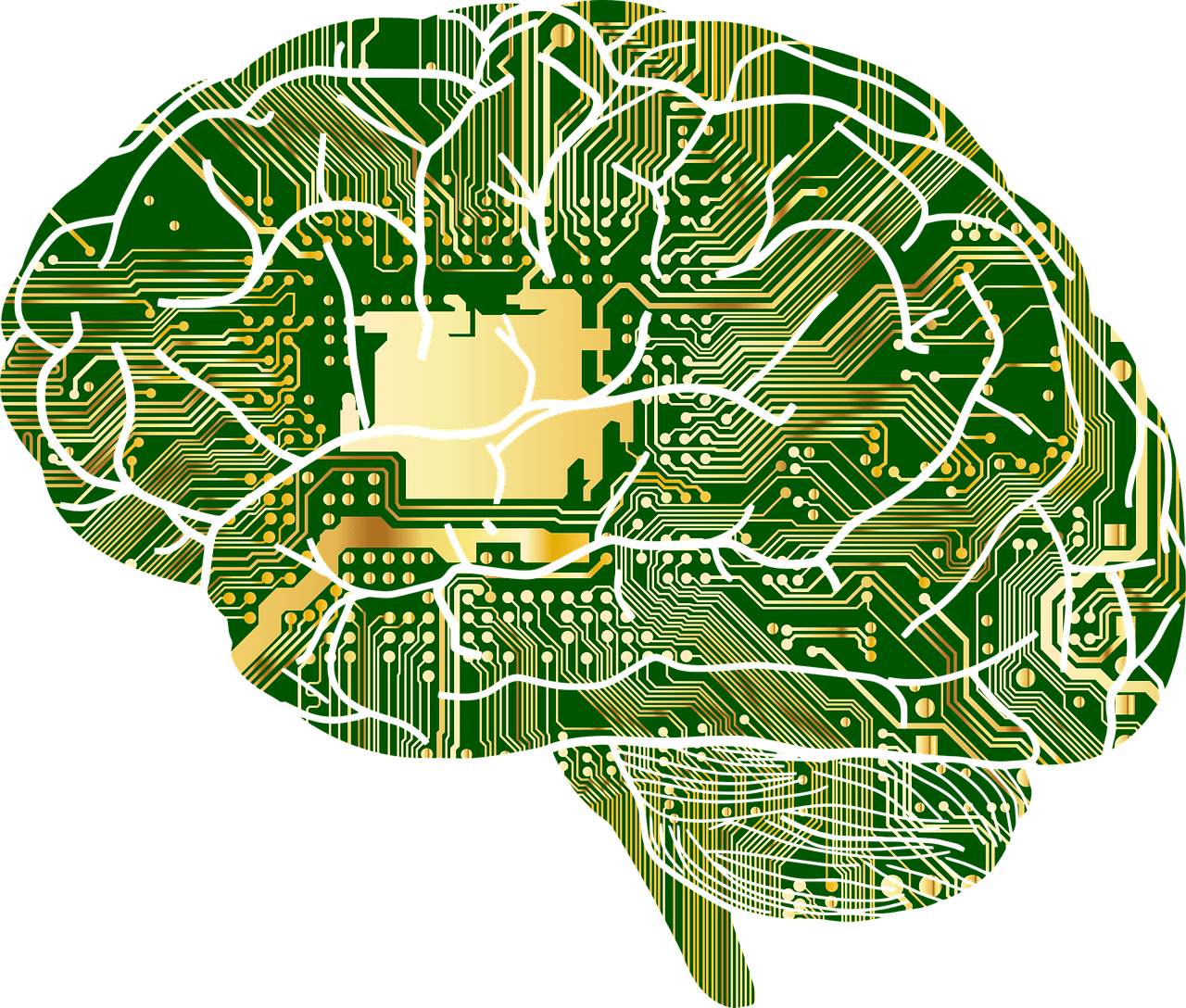
Robots can be useful as mental wellbeing coaches in the workplace – but perception of their effectiveness depends in large part on what the robot looks like, says the University of Cambridge in a press release. Researchers conducted a study in a tech consultancy firm using two robot wellbeing coaches, where 26 employees participated in weekly robot-led wellbeing sessions for four weeks.
Although the robots had identical voices, facial expressions, and scripts for the sessions, the physical appearance of the robot affected how participants interacted with it. Participants who did their wellbeing exercises with a toy-like robot said that they felt more of a connection with their ‘coach’ than participants who worked with a humanoid-like robot. The researchers say that perception of robots is affected by popular culture, where the only limit on what robots can do is the imagination. When faced with a robot in the real world however, it often does not live up to expectations.
Since the toy-like robot looks simpler, participants may have had lower expectations and ended up finding the robot easier to talk and connect with. Participants who worked with the humanoid robot found that their expectations didn’t match reality, since the robot was not capable of having interactive conversations.

The real world
The World Health Organization recommends that employers take action to promote and protect mental wellbeing at work, but the implementation of wellbeing practices is often limited by a lack of resources and personnel. Robots have shown some early promise for helping address this gap, but most studies on robots and wellbeing have been conducted in a laboratory setting. “We wanted to take the robots out of the lab and study how they might be useful in the real world,” said first author Dr Micol Spitale, from Cambridge’s Department of Computer Science and Technology.
Saying things out loud
“The robot can serve as a physical reminder to commit to the practice of wellbeing exercises,” said Professor Hatice Gunes, who led the research. “And just saying things out loud, even to a robot, can be helpful when you’re trying to improve mental wellbeing.”
The team is now working to enhance the robot coaches’ responsiveness during coaching practices and interactions.
Selected for you!
Innovation Origins is the European platform for innovation news. In addition to the many reports from our own editors in 15 European countries, we select the most important press releases from reliable sources. This way you can stay up to date on what is happening in the world of innovation. Are you or do you know an organization that should not be missing from our list of selected sources? Then report to our editorial team.






